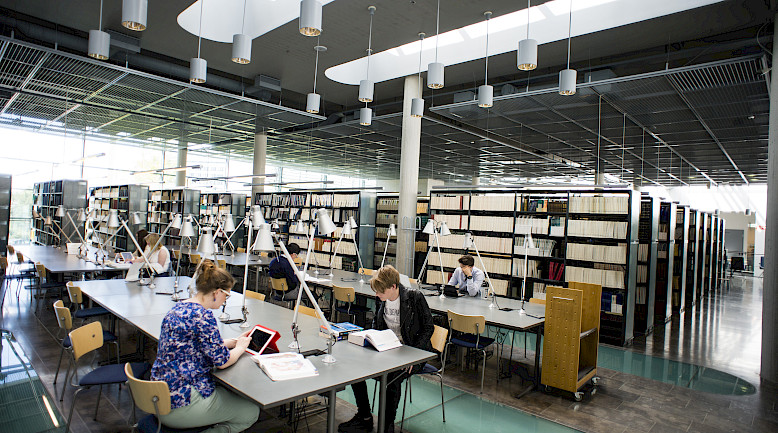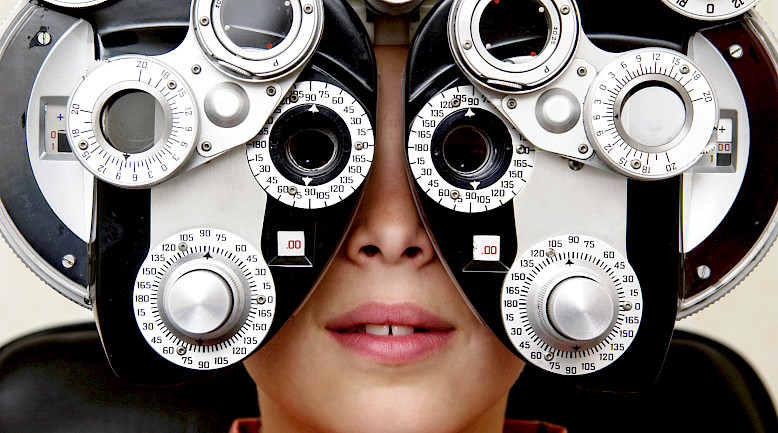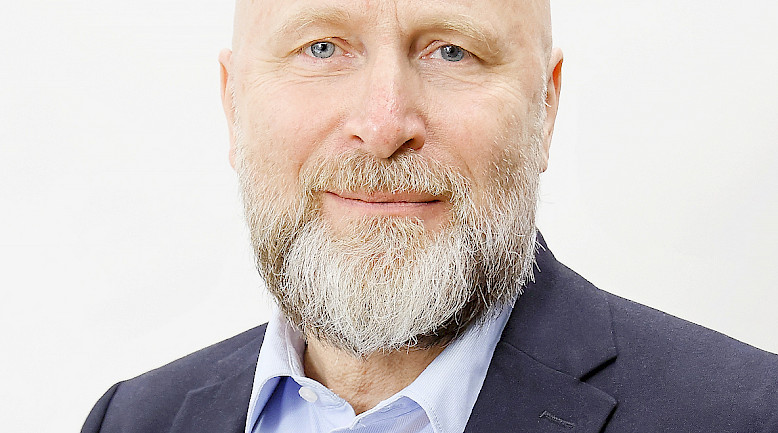The ethics of drug promotion debatedat the World Health Assembly
"A disregard for public health", cry the consumers. "Everything's under control", says industry. "Let's sit down and talk it over", says WHO.
The problem - the ethics of drug promotion - was being debated in Geneva at the World Health Assembly, which ended its 45th, two-week session in May. And the three leading actors in this decade-long imbroglio remained true to role, with the usual jostling for media attention.
Ten days before the Assembly, Health Action International (HAI), a public interest group represented in 60 countries, held a meeting in Geneva at which it launched a 50-page booklet attacking "misleading, wasteful and dangerous drug marketing". The book gave examples of products promoted for unapproved indications, hospitality, prizes and other inducements offered by drug firms to doctors to influence their prescribing habits, poor post-marketing survillance by drug firms. The problem, says HAI, is not confined to a few "bad applies", but "is a global phenomenon".
Undaunted, on the opening day of the Assembly (May 4), the International Federation of Pharmaceutical Manufactures Associations (IFPMA) briefed journalists on the "Code of Pharmaceutical Marketing Practices" it established in 1981. Since that year, the IFPMA has dealt with 72 complaints citing 926 alleged breaches of the code, of which 92 percent in developing countries. All were investigated, says the IFPMA, and 527 (56 percent) confirmed. "All these violations were rectified or avoided in future promotional campaigns," IFPMA spokesman Mr Jean-Franois Gaulis told BMJ. "The code works."
HAI disagrees. The IFPMA code, says Dr Wilbert Bannenberg, a Dutch public health physician and trustee of the organization, is "far too weak". "Just waiting for complains to come in is not enough: there must be an active monitoring system and a way of enforcing respect of the code. National authorities in developing countries often don't have the facilities to do this".
HAI also critizes the WHO for its failure to prevail upon national governments to abide by the WHO ethical code for drug promotion, dawn up in 1988. "That code is also too weak", says Dr Bannenberg.
The World Health Assembly debate was prompted by concern among WHO member states over a lack of evidence of "progress in controlling medicinal drug promotion" since the WHO code was established.
In the end, the Assembly passed a resolution calling for a meeting to be held on neutral territory (it will be convened, probably before the end of the year, by the Council for International Organizations of Medical Sciences together with WHO), where "interested parties" - notably, HAI and the IFPMA - can thrash out their differences.













